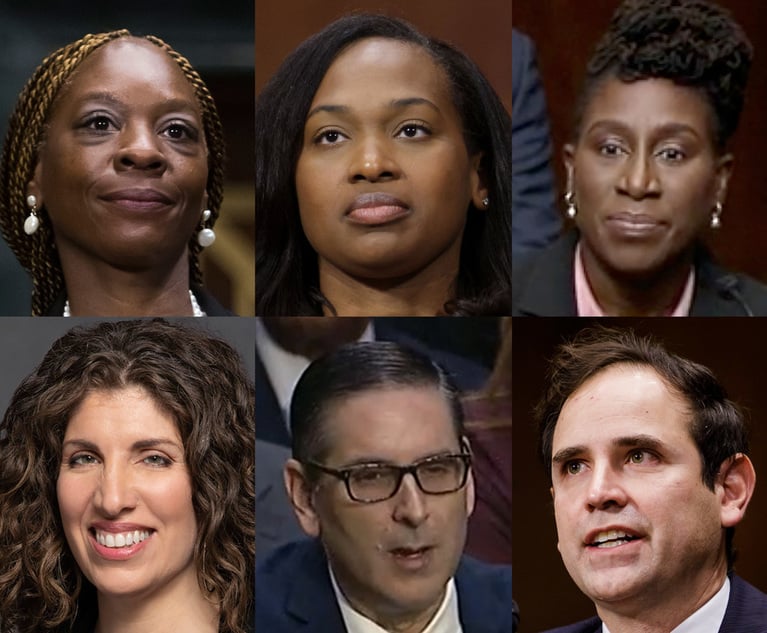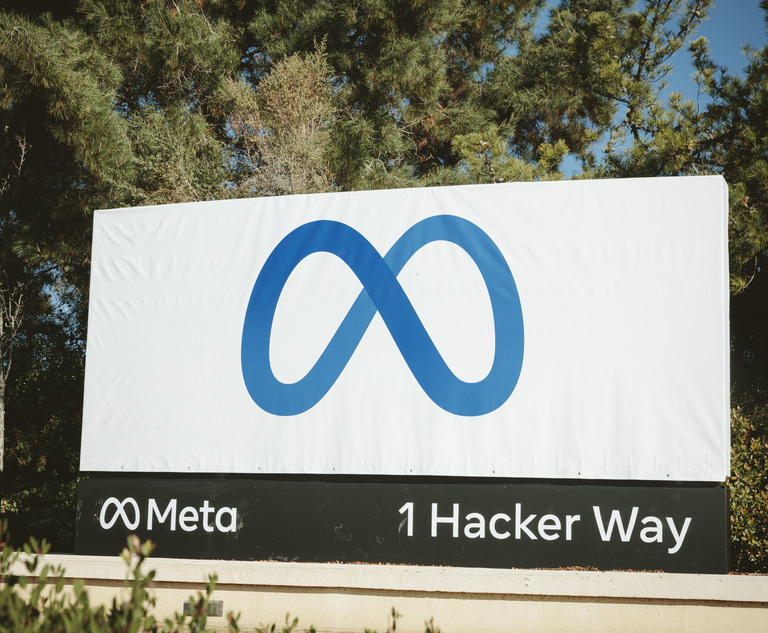Law is a famously formal profession. That formality is enshrined in all sorts of ways—special titles for attorneys and judges, strict dress codes in the office and in court, ritualized oaths and cries, the banging of the gavel. At a time when first names, ping pong tables, and hoodies are de rigueur in most other professions, the law is strikingly anachronistic.
Before COVID-19, the legal profession as a whole did not appear to be in any hurry to catch up. In many ways, that makes perfect sense. Large law firms have rigid structures that make them slow to embrace new ways of working. And the law itself derives respect in part from the performance of ritual. Hushed courtrooms reflect the gravity of the difficult work that’s done inside those walls, and formalities preserve the institutional identities of advocates and judges.


 Susan Yorke, California Appellate Law Group. (Courtesy photo)
Susan Yorke, California Appellate Law Group. (Courtesy photo)




